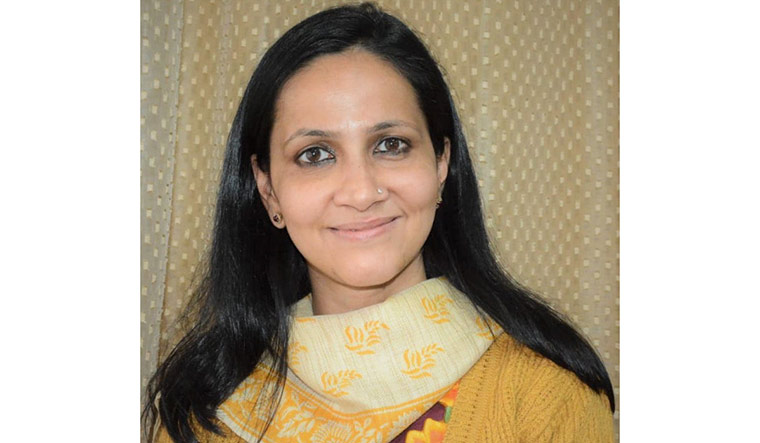THE CHANGEMAKERS
Prerna Puri, Secretary, information technology
THE 149-year-old practice of moving darbar from Srinagar to Jammu and back (the biannual shift of the secretariat) meant the movement of hundreds of trucks to transport official documents and infrastructure over a distance of nearly 300km. It entailed an annual cost of Rs400 crore. The last time it happened, 317 trucks were used, protected by a heavy security cordon and additional manpower. The physical shift was abolished in June 2021 after the civil secretariat switched over completely to an e-office. As secretary of the information technology department, Prerna Puri has had a key role in the transformation.
Also read
- How Kashmiris are slowly opening their hearts and minds to new thoughts
- CID DG R.R. Swain: Valley’s own commando
- PWD Principal secretary Shailendra Kumar: Paving road to peace
- Athar Aamir Khan, commissioner, Srinagar Municipal Corporation: Keeping Kashmir smart
- J&K Sports Council secretary Nuzhat Gull: The people's champion
- ADGP Vijay Kumar: Catching merchants of death
Puri has earlier served in Delhi and Chandigarh, but her stint in J&K has been definitely more challenging. She says the implementation of e-offices across 480 departments, the creation of a robust citizen feedback mechanism and the setting up of an auto escalation system for time-bound delivery of services to citizens under the Public Services Guarantee Act have been key steps towards future governance. In 2019, there were 35 online services in J&K which has now been increased to 800 under a single unified portal called e-UNNAT. A game-changer, according to Puri, is the facility to allow the common man to inquire about government tenders and track the work being done under any government project through an app.
Puri, however, agrees that among all states, the digital journey in J&K is tough. “It has been impeded by factors like mountainous topography, poor connectivity and power supply issues. The 4G saturation project for connectivity to remote locations is being taken up and the idea is to deploy digital vans in every district for providing digital services to citizens.”
Moving into the digital arena also means more cross-border cyber threats. This makes the task of rolling out digital services in J&K more challenging. But Puri is clear that technology is no longer a choice, but a necessity for development.


